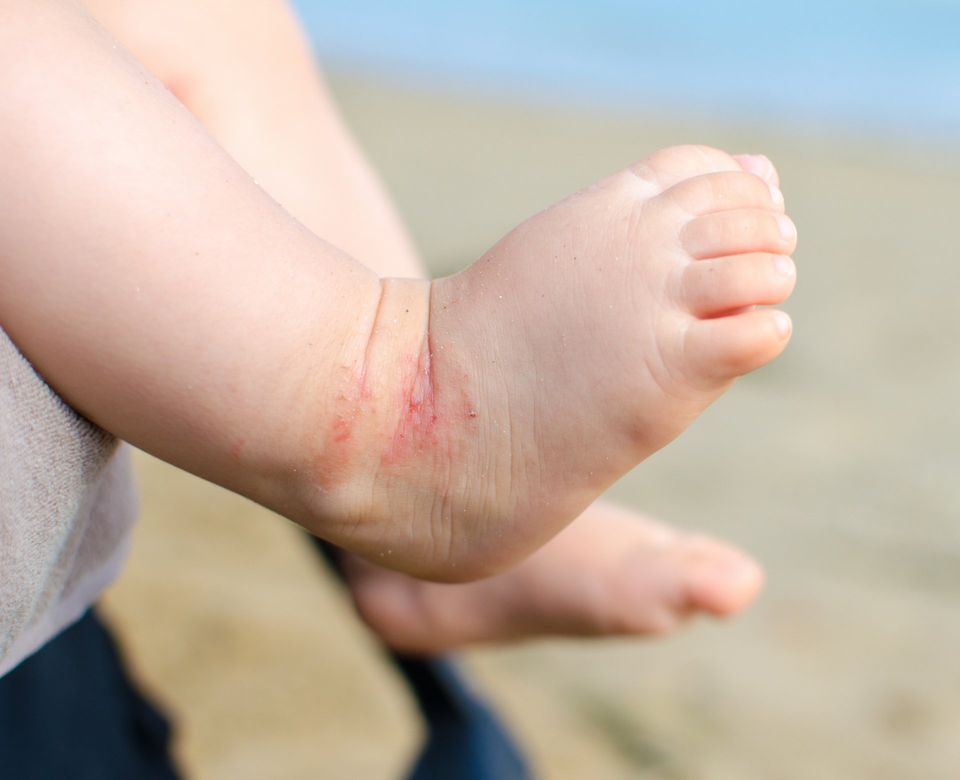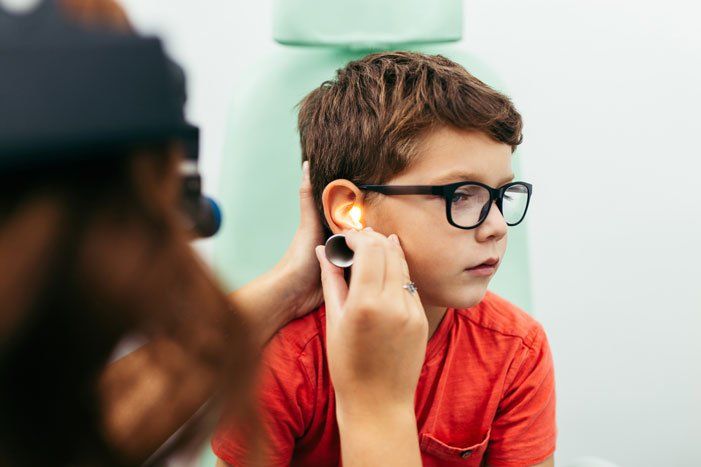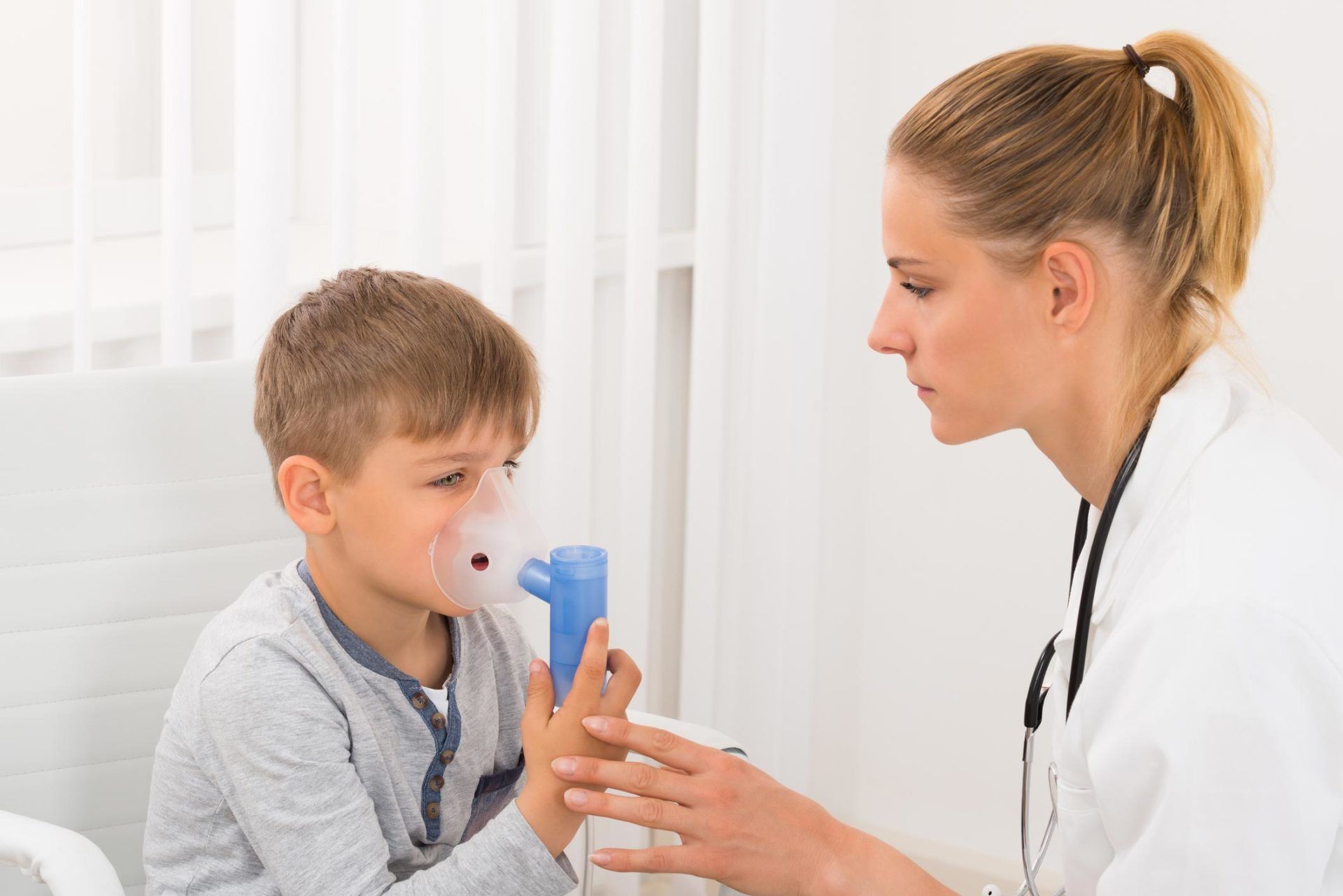5 Common Childhood Rashes and How to Treat Them
Kids get bumps and bruises all the time. They can also develop rashes pretty frequently. Many rashes, such as those accompanying bug bites, are pretty harmless and go away on their own. Some, like those described below, might take a little more therapy.
1. Eczema
Eczema, or atopic dermatitis, presents as patches of dry, scaly skin. The condition is triggered by cold air, so it's more common in colder months. However, air conditioning can also trigger eczema, as can sweating and overheating.
Upon first presentation, you'll want to consult with your pediatrician about how best to treat the eczema. The rash is sometimes triggered by allergies, so your pediatrician might be able to control those with medication. Otherwise, keep your child's skin moisturized with fragrance-free creams and choose clothing that's loose and made of cotton.
2. Fifth Disease
Fifth disease presents as rosy red cheeks, which is why the condition is also called slapped cheek syndrome. The redness is caused by a viral illness, the virus being parvovirus B19. It's most common in children and rarely affects adults. The condition usually goes away on its own. However, it if persists, you should take your kids to their pediatrician.
In addition to the flushed cheeks, children sometimes also have a fever, runny nose, and headache. After the initial red cheeks presentation, they can also develop a lace-like rash on their arms. Fifth disease is transmitted via saliva, sputum, or nasal mucus. Unfortunately, kids are most contagious before they develop the telltale rash.
3. Ringworm
Ringworm is a fungal infection. The rash can present on the body or on the scalp. Ringworm gets its name from the fact that the rash looks circular with an often-clear center. The circle, though, features red, sometimes itchy scales. When it occurs on the scalp, ringworm can also cause swelling.
As soon as you suspect your kids have ringworm, take them to your pediatrician. It's not usually dangerous, but it's highly contagious. Your pediatrician can prescribe a topical medication to get the condition under control. If you child gets sick, though, the doctor may prescribe a stronger topical or even oral antibiotics.
When ringworm has entered your household, you'll want to do your best to eradicate the cause. Children get ringworm via skin-to-skin contact, either with each other or a family pet. So, a trip to the vet may also be in your future. When it presents on the scalp, you'll need to sanitize, or even replace, all hair tools.
4. Hand, Foot, and Mouth Disease
Despite its name, hand, foot, and mouth disease has nothing to do with the foot-and-mouth disease that affects animals. The condition takes its name from the affected body parts. Affected children develop ulcers in their mouth and red spots with blisters on the hands and feet. Hand, foot, and mouth disease is preceded by a sore throat and a temperature.
The condition usually goes away on its own within 7 to 10 days. Indeed, by the time kids develop the characteristic rashes, they usually feel fine. The condition is spread via bodily fluids, so the best prevention is good hygiene. You can talk to your pediatrician if your kids' symptoms don't improve or if you want advice for treating the symptoms to provide relief.
5. Yeast Diaper Rash
Most babies get diaper rash, and it goes away with the use of topical treatments. However, any child of diaper age can develop yeast diaper rash, which is a trickier condition. The rash presents like regular diaper rash only much more intense:
- Bold red with a raised border
- Red, scaly areas
- Blisters or sores
- Widespread lesions
If you're ever concerned about your children's rashes, don't hesitate to seek your pediatrician's advice. Y.H. Parikh & Associatescan help you with any medical concerns you have about your kids.








